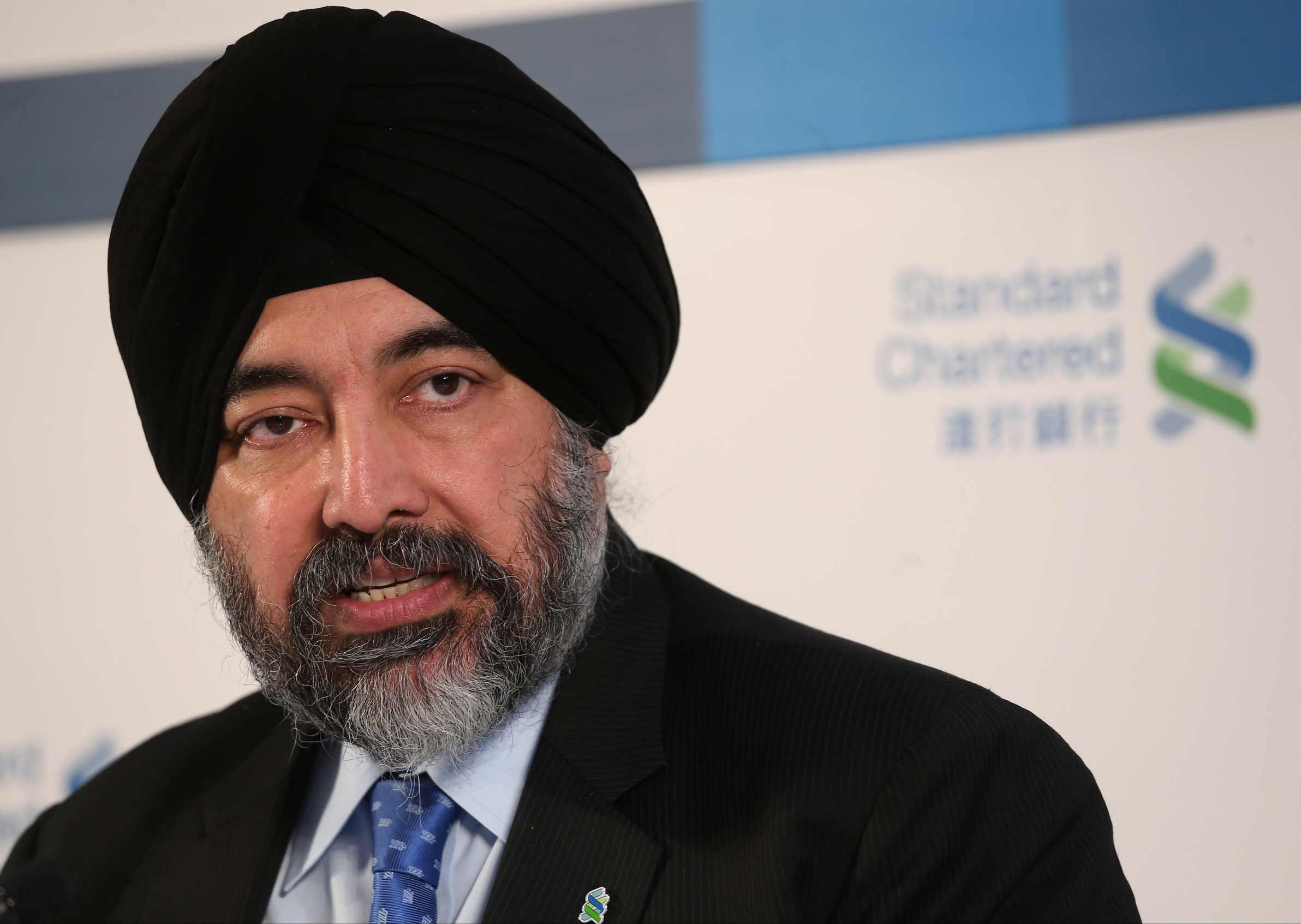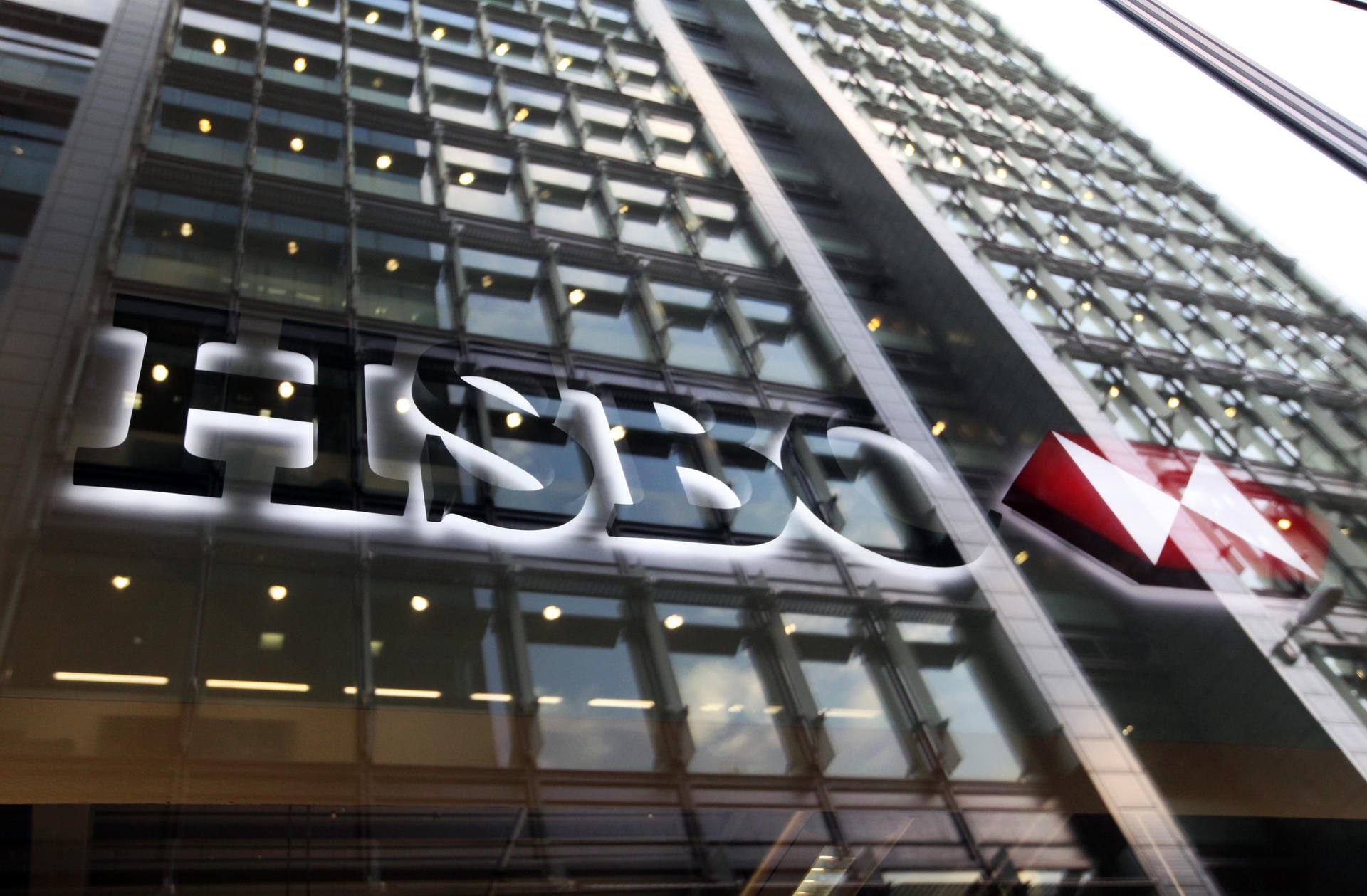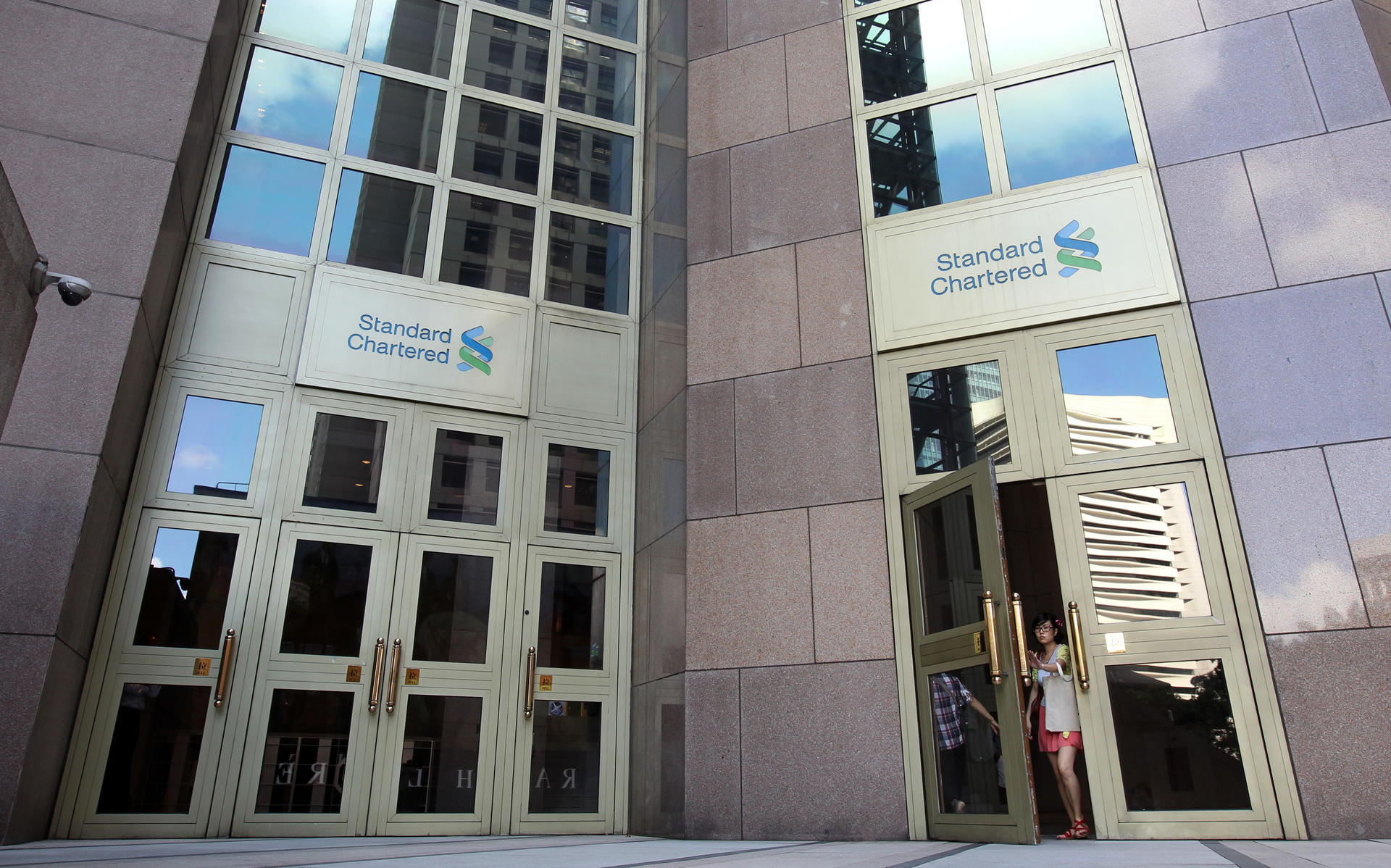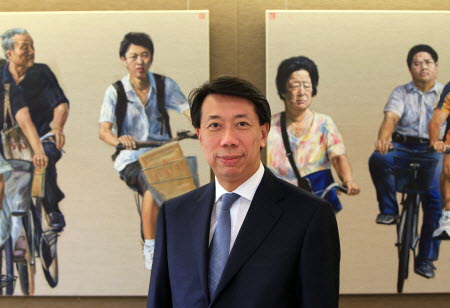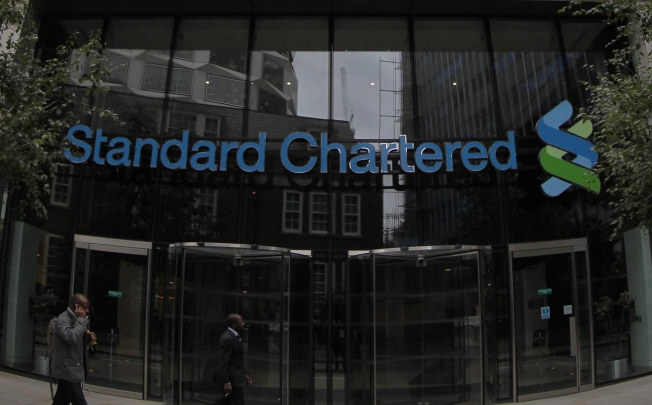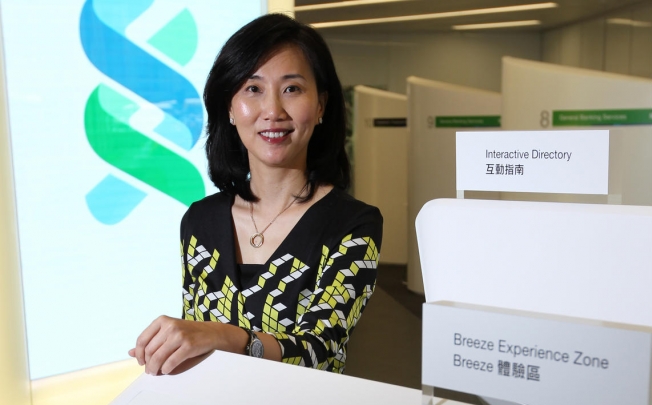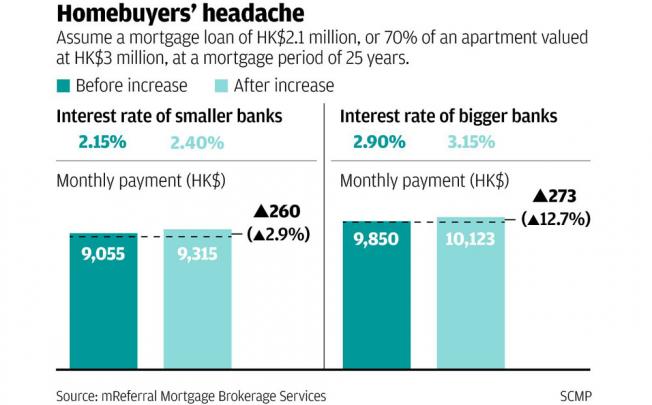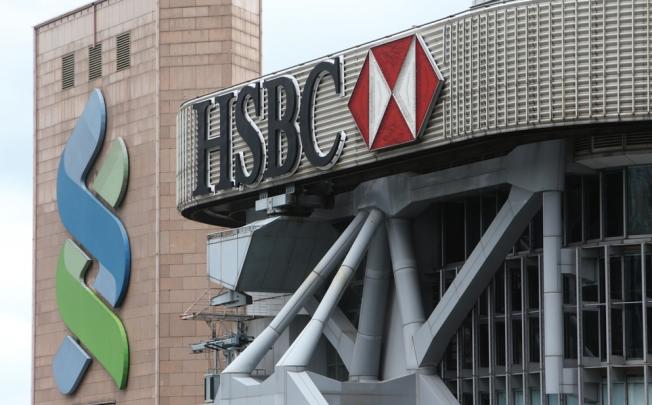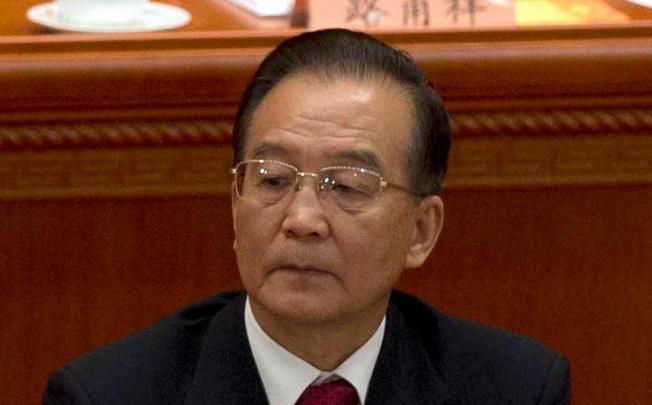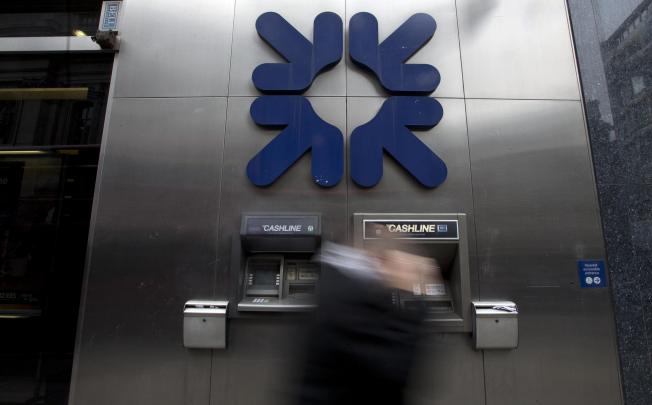Advertisement
Advertisement
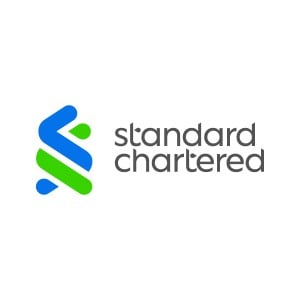
TOPIC
/ company
Standard Chartered

Standard Chartered
Standard Chartered is headquartered in London, but around 90 per cent of its profits come from Africa, Asia and the Middle East as of 2012. Its name is derived from the two banks from which it was formed in a merger in 1969: The Chartered Bank of India, Australia and China, and Standard Bank of British South Africa.
Exclusive | HSBC and Standard Chartered among first Shanghai free-trade zone banks
HSBC and Standard Chartered are expected to be among the first batch of foreign banks to offer a wide range of banking services in the mainland's first free-trade zone, in Shanghai, with Beijing wanting to open its financial sector wider to foreign investment.
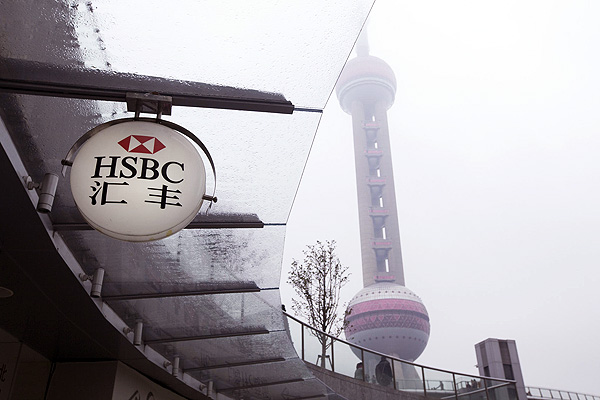
Advertisement
Advertisement
Advertisement
Advertisement
Advertisement
Advertisement
Help preserve 120 years of quality journalism.
SUPPORT NOWAdvertisement
Advertisement
Advertisement
Advertisement
Advertisement
Advertisement
Advertisement
Advertisement
Advertisement
Advertisement
Advertisement
Advertisement
